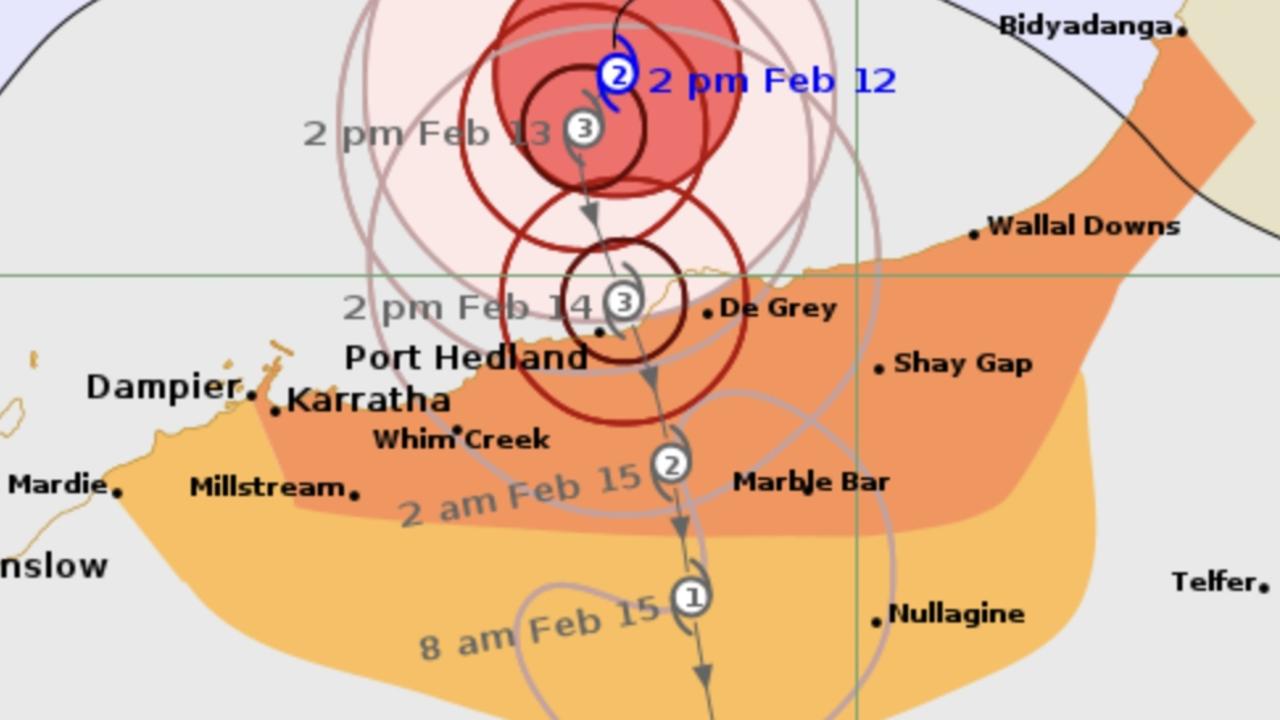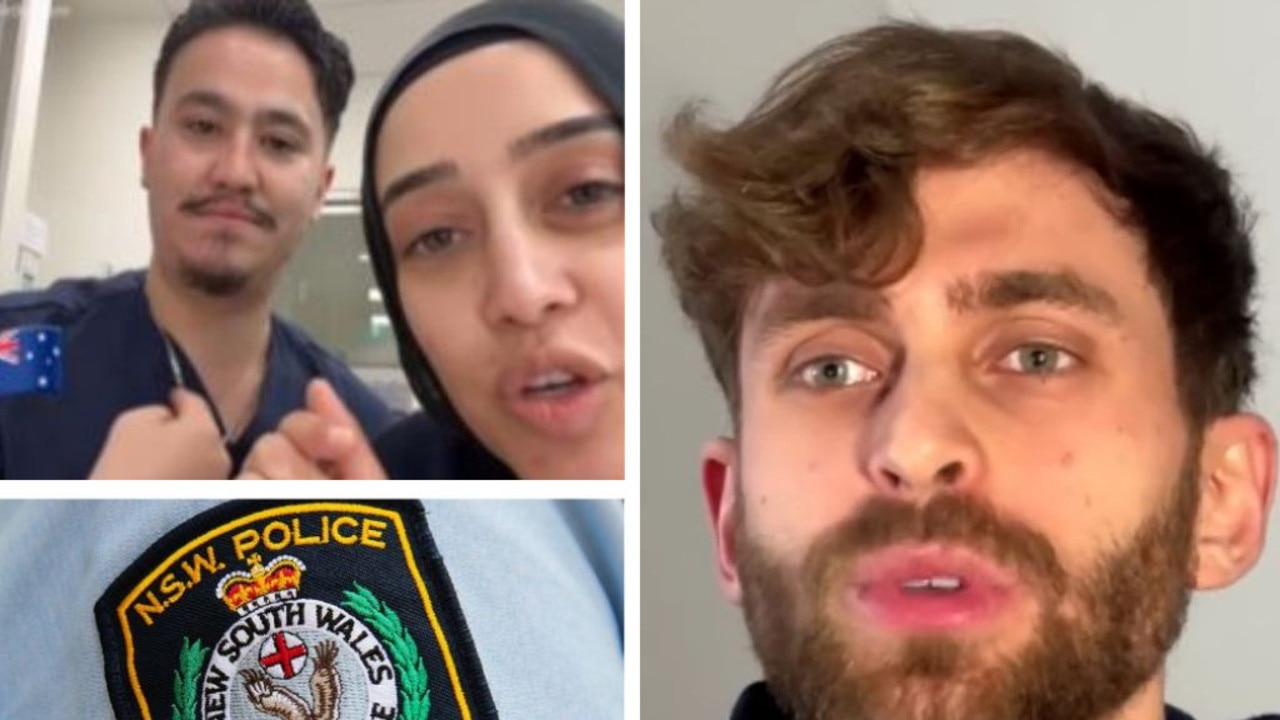Facebook lifts ban on Australian news, Mark Zuckerberg strikes deal with Josh Frydenberg
Treasurer Josh Frydenberg hammered out a deal with Facebook CEO Mark Zuckerberg to get the ban on Australian news lifted. Here’s how it unfolded.
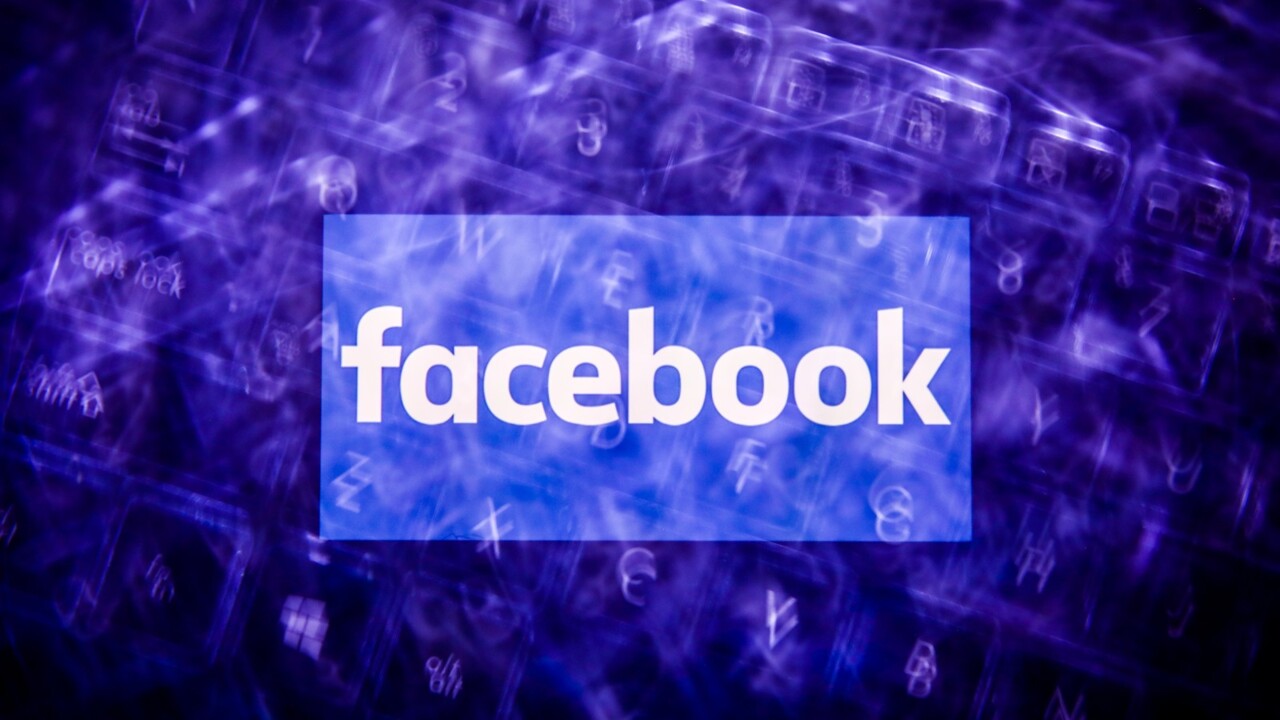
Technology
Don't miss out on the headlines from Technology. Followed categories will be added to My News.
Treasurer Josh Frydenberg and Facebook CEO Mark Zuckerberg burned up the phone lines striking an 11th-hour deal to get Facebook back to the negotiating table, and Australian news back in Facebook’s feeds.
The pair spoke three times on the phone as the day progressed, as they hammered out some changes to the legislation that Facebook wanted, while maintaining the integrity of the Government’s mandatory bargaining code.
The clock was running down – the Senate was due to vote anytime on the legislation, and it was only the fact 12 people from all sides of the chamber decided to speak that it wasn’t voted through on Monday night.
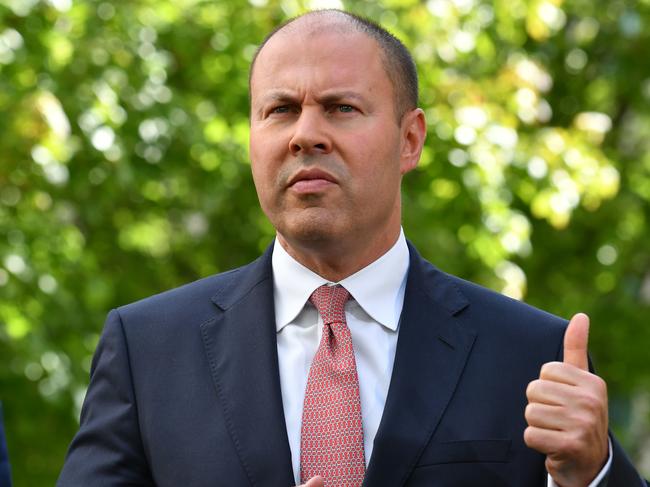
Labor had some questions but had decided not to seek amendments, meaning it would have been passed into law.
Prolific networker Mr Frydenberg worked the phones, with the pair also exchanging texts – or were they Facebook instant messages?
It’s not clear where the 36-year-old billionaire Facebook chief was at the time, but Facebook’s headquarters is in Silicon Valley in California, in a time zone 19 hours behind Australia’s east coast summer time.
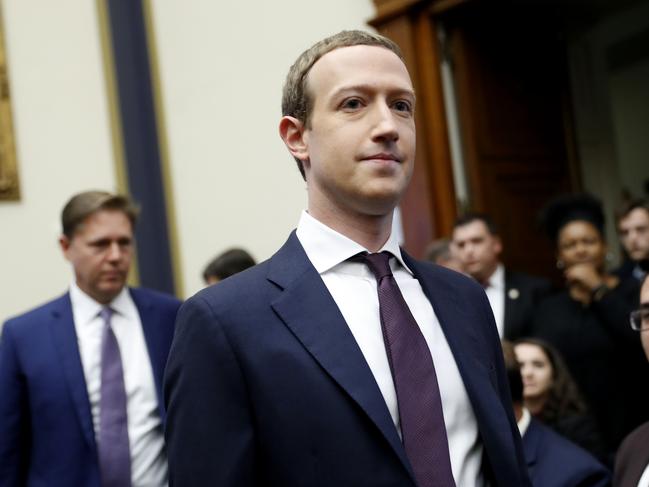
Mr Frydenberg entered Question Time at 2pm, by which time the deal seems to have been done. A statement went out from Mr Frydenberg and Communications Minister Paul Fletcher at 3pm which advised of the changes, and casually mentioned in the final paragraph that “the Government has been advised by Facebook that it intends to restore Australian news pages in the coming days.’’
At the same time, Facebook issued a statement on its website advising that “after further discussions with the Australian government, we have come to an agreement that will allow us to support the publishers we choose to.’’
By 6pm, Seven West Media was announcing a preliminary deal with Facebook, sparking speculation more deals could be coming soon.
With a Senate vote looming on a bill which would force the tech giants to pay media companies for their content or pay heavy fines, Facebook on Tuesday agreed to restart commercial negotiations and restore the news sites it blocked last week.
In return, the federal government agreed to several amendments to its legislation, including allowing extra time for negotiations with news organisations.
The move clears the way for Facebook to strike commercial deals with media companies including News Corp Australia, publisher of the Herald Sun, Nine Entertainment Co and the ABC, as well as small and independent publishers — as fellow digital behemoth Google has already done.
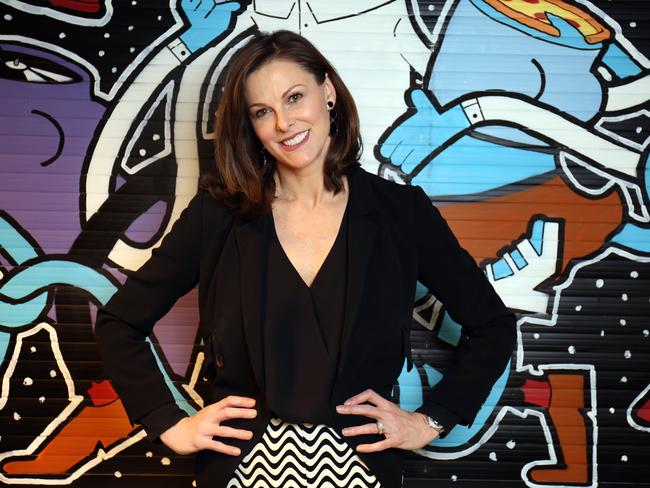
Kerry Stokes’ Seven West Media last night announced it had done a preliminary deal with Facebook, signing a letter of intent to provide news content, with a long-term deal to be finalised in the next two months.
“Facebook has refriended Australia,’’ Treasurer Josh Frydenberg said after talks with Facebook CEO Mark Zuckerberg throughout Tuesday. “Australian news will be restored to the Facebook platform. Facebook has committed to entering into good-faith negotiations with news media businesses in seeking to reach agreements to pay for content.”
Facebook’s vice-president of global news partnerships, Campbell Brown, said the agreement would allow Facebook to “support the publishers we choose to, including small and local publishers”. “We’re restoring news on Facebook in Australia in the coming days,’’ Ms Brown said.
“Going forward, the Government has clarified we will retain the ability to decide if news appears on Facebook so that we won’t automatically be subject to a forced negotiation.’’
“It’s always been our intention to support journalism in Australia and around the world, and we’ll continue to invest in news globally and resist efforts by media conglomerates to advance regulatory frameworks that do not take account of the true value exchange between publishers and platforms like Facebook.”
Mr Frydenberg said the Government would return its advertising money to Facebook, including a portion of the $24 million it was spending on information about the COVID-19 vaccine which had been redirected following the news block last week.
He said he had advised Google about the changes to the proposed legislation, and Google had told him the amendments were “sensible.’’
Facebook’s move to return to the negotiating table in Australia came on the day Europe’s four main publishing organisations joined forces with Microsoft to ramp up pressure by calling for “Australian-style arbitration’’ to ensure fair payment was received from the tech titans in Europe.
“There’s no doubt Australia has been a proxy battle for the world,’’ Mr Frydenberg said.
The amendments will slow the passage of the legislation through the parliament, as they will have to be returned to the House of Representatives. While a vote is still possible this week, it is not guaranteed.
The amendments are largely changes to processes, such as giving tech giants one month’s notice of an impending designation under the code.
Mr Frydenberg said the move encouraged the big tech firms to do commercial deals and would strengthen the hand of regional and small publishers in their negotiations.
“I’d like to thank Mark Zuckerberg for the constructive nature of the discussions that we have had over the course of recent days. It’s been a difficult process but these are really important issues,’’ he said.
“The purpose of the code and the purpose of the Morrison Government’s intentions all along have been designed to sustain public interest journalism in this country.
Communications Minister Paul Fletcher said “the whole purpose of the mandatory code process has been to give a strong incentive to the digital platforms to do commercial deals with Australian news media businesses.
“These technical changes will further give a strong incentive for those commercial deals, building on from what we’ve already seen announced as between Google and parties like Seven West, Nine Entertainment, News Corp and The Guardian.’’
More Coverage
Originally published as Facebook lifts ban on Australian news, Mark Zuckerberg strikes deal with Josh Frydenberg




